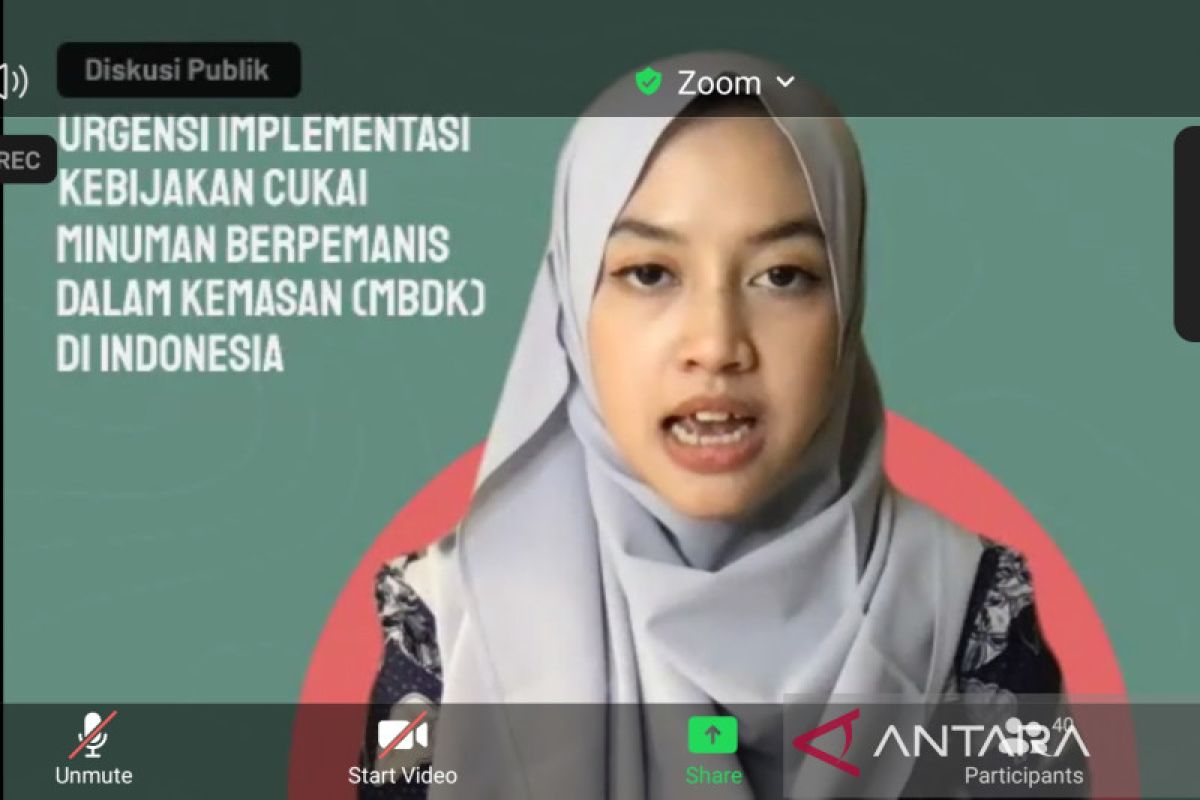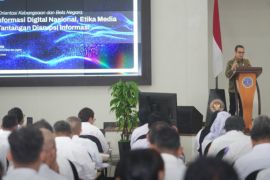A decline in the consumption of packaged sweetened drinks is expected to lower the risk of obesity and diabetes in Indonesia, she stated at a virtual ‘Dissemination of MBDK Tax Policy Recommendations’ here on Thursday.
"The implementation of this tax duty can encourage people to make behavioral changes, and also help vulnerable groups such as lower-income people and children to reduce (their) access to harmful products," Gusnadi added.
According to her, Indonesia's MBDK consumption has increased 15-fold in the last two decades, resulting in Indonesia becoming the country with the third-highest packaged sweetened drinks consumption in Southeast Asia.
Related news: 68 million Indonesians obese due to unhealthy diet: ministry
The increase in MBDK consumption has also hiked the number of obese patients by almost double during the same period, she explained. Overconsumption of MBDK is also the second-largest cause of death and disability, she pointed out.
"This also has an impact on the health (funding expense) by the state through BPJS Kesehatan (state-owned Healthcare and Social Security Agency)," she said.
Based on BPJS Kesehatan data, in the last three years, there has been an increase in financing for diabetes treatment by 8 percent annually, she noted. Meanwhile, from 2017 to 2019, diabetes fee payments have increased up to 30 percent, she added.
Furthermore, amid the COVID-19 pandemic, this disease has become one of the comorbidities causing the most deaths in patients, she said.
In addition, she revealed that CISDI also found that Indonesian children are more susceptible to exposure to unhealthy food and beverage advertisements, especially MBDK, than children in Malaysia, China, and Korea, with a study showing that around ten Indonesian children consume one to six sweetened drinks every week.
"In overcoming this problem, CISDI encourages the government to establish a policy of imposing tax rates on MBDK," she added.
Related news: US study questions fruit sugar role in hypertension
Related news: Obese children must consume more antioxidant foods: ASNI
Translator: Sanya S, Kenzu T
Editor: Suharto
Copyright © ANTARA 2022












